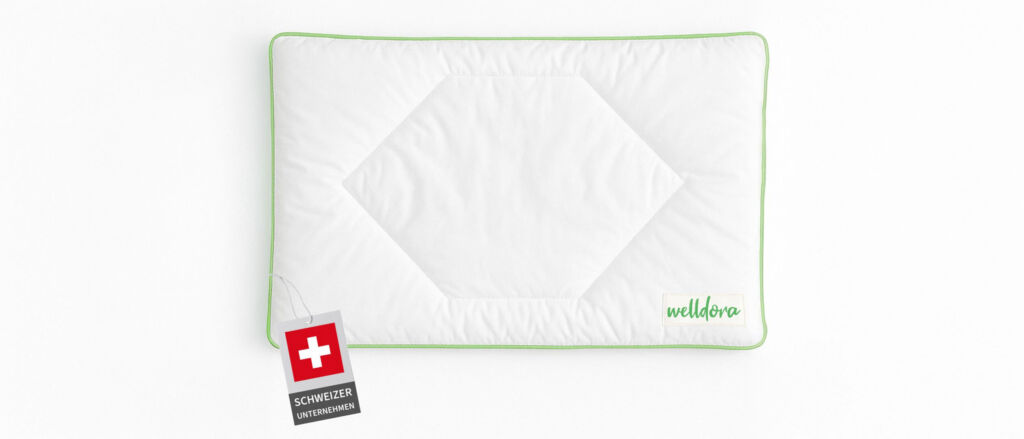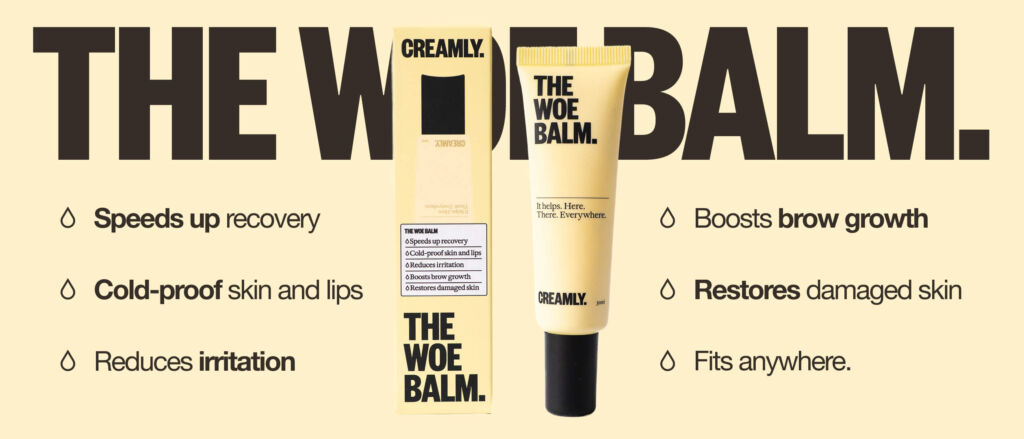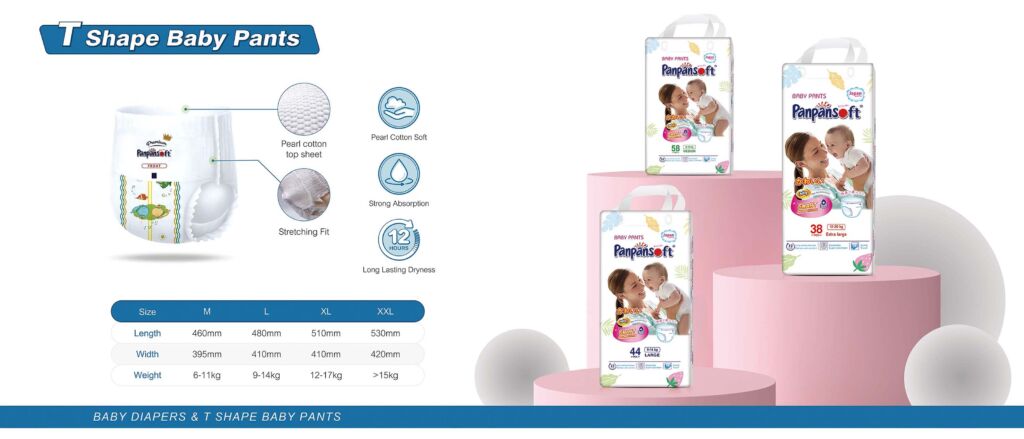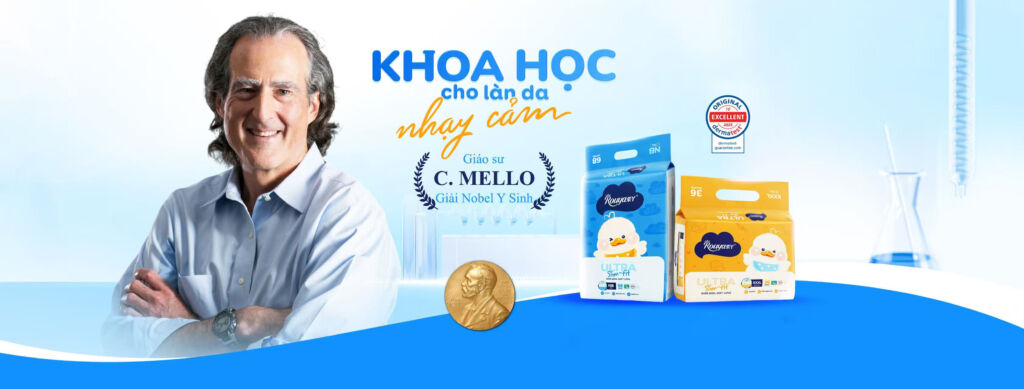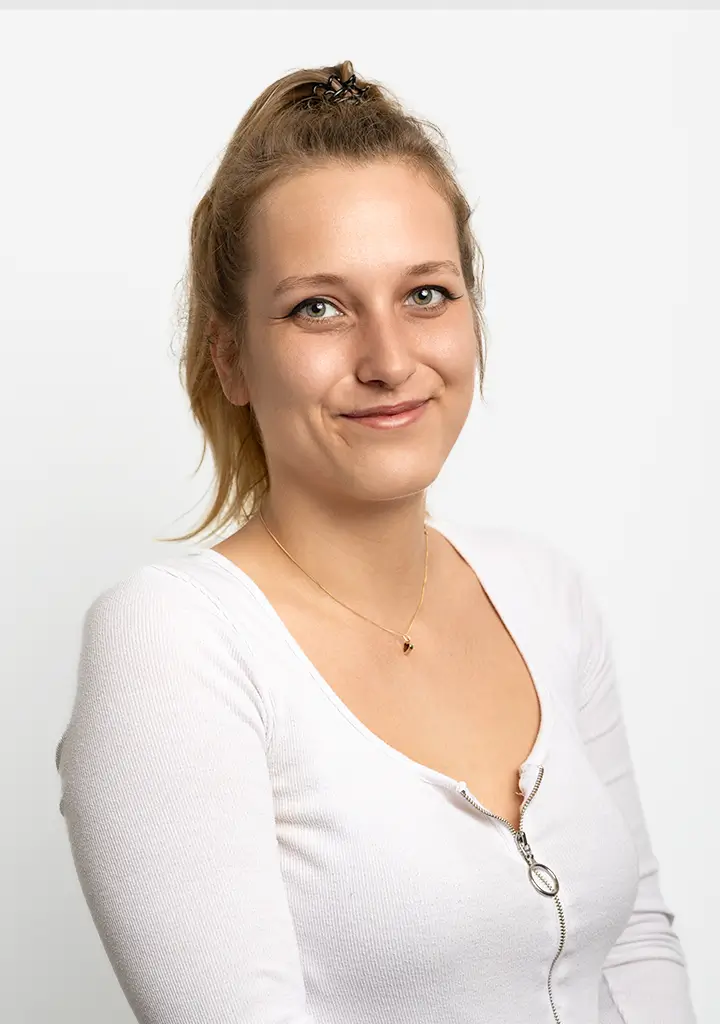Benefits of In vitro testing
- using physical, histological and biochemical techniques, specific claims can be made regarding the effects of a product on biological processes in human skin.
- 3D models of the skin, grown from primary human cells, adequately reflect the natural properties of native human skin including all tyical skin layers as well as expression of characteristic markers.
- comprehensive quantitative and qualitative assessment of various parameters is available
- aspects which cannot be tested on human subjects, such as irritation tests, wound healing studiesinflammation or penetration/permeation can still be investigated
- techniques can be adapted to the individual product and matter at hand, so that almost every aspect of tolerability and safety can be addressed
- testing can often be done rapidly, as no human subjects are involved in the study




